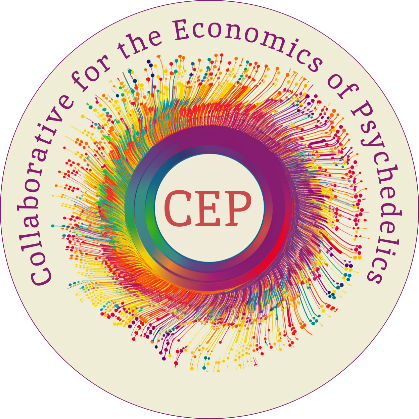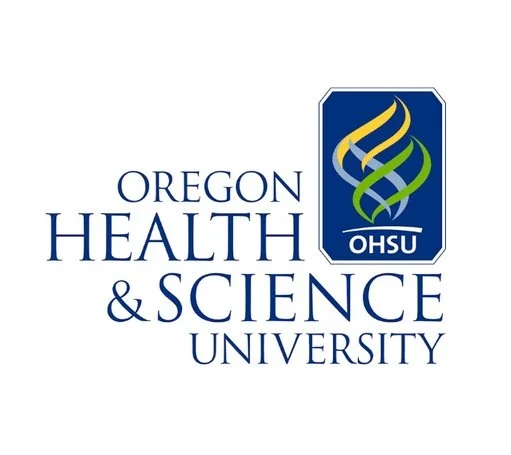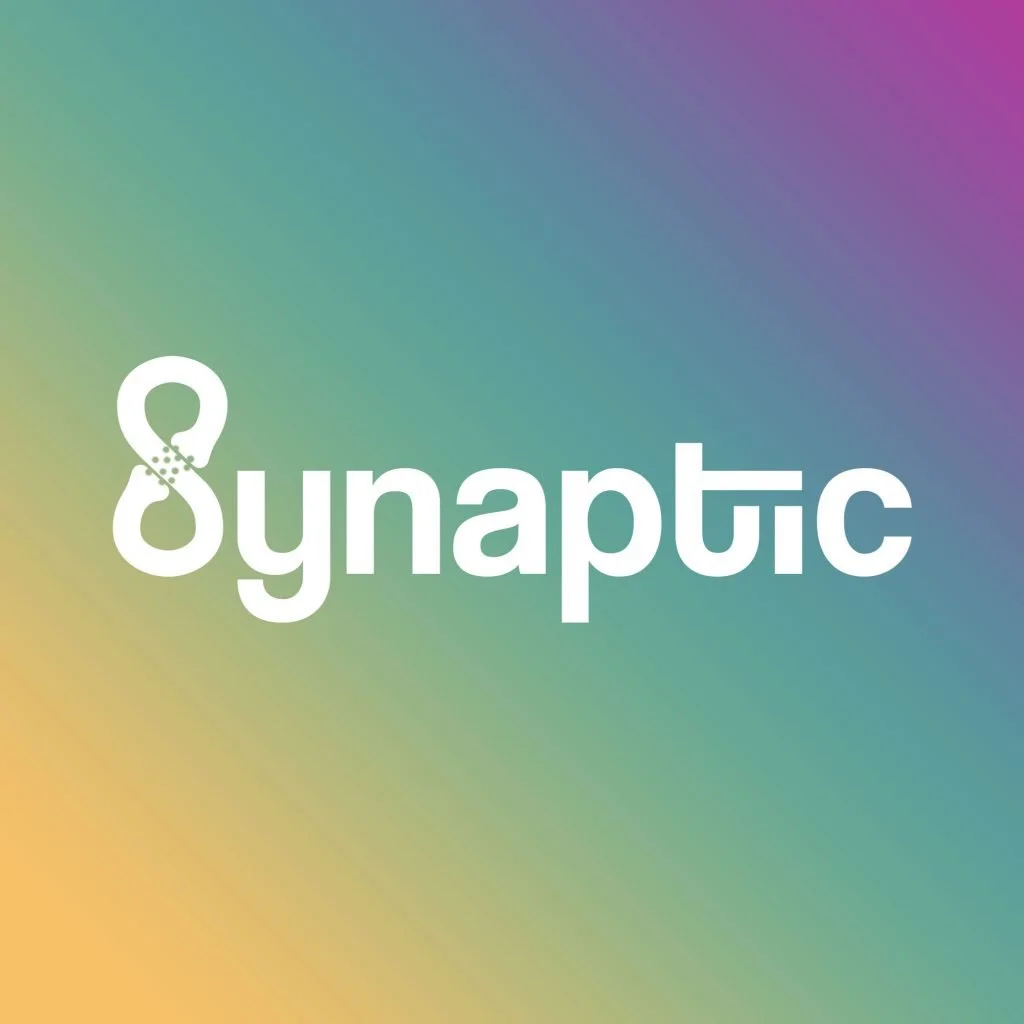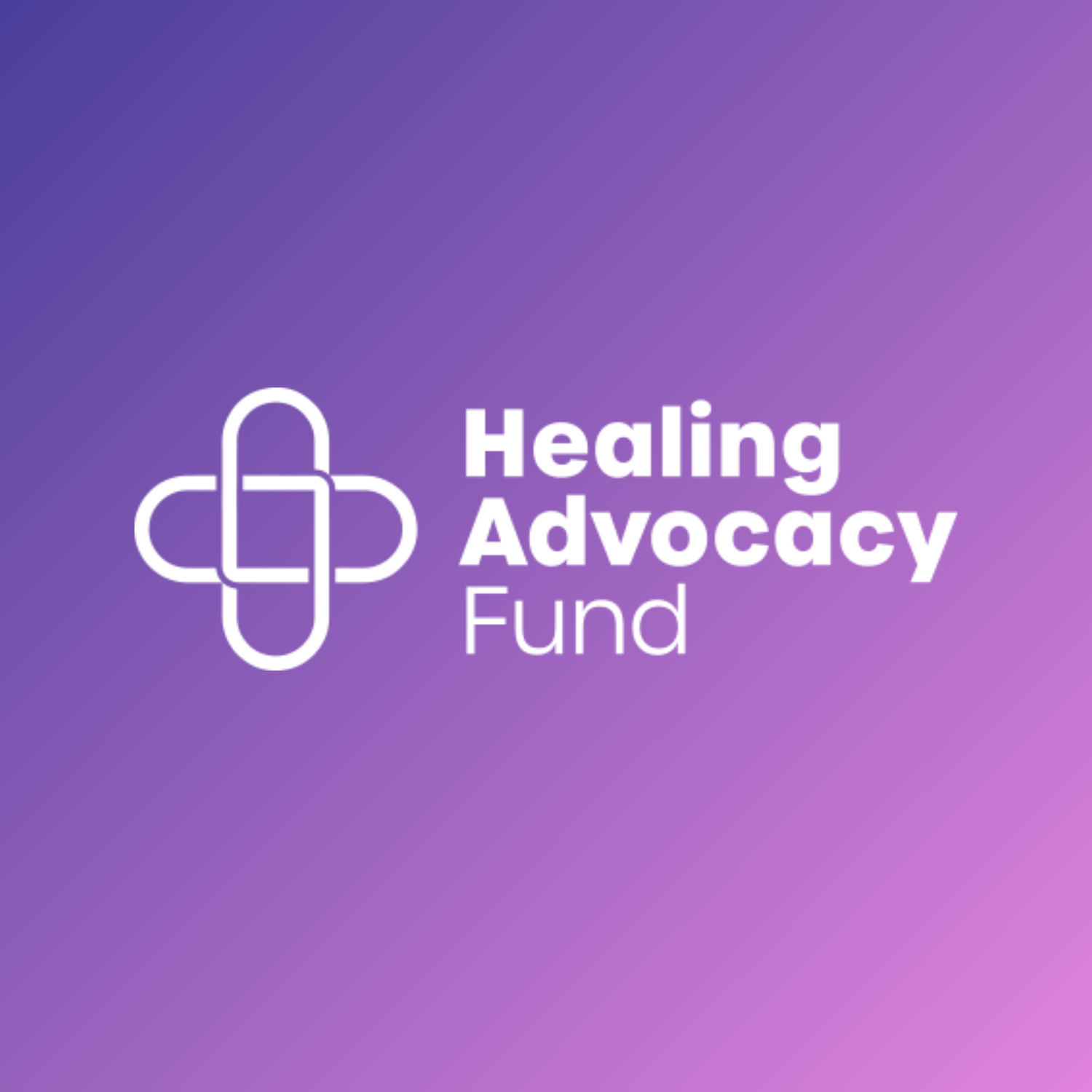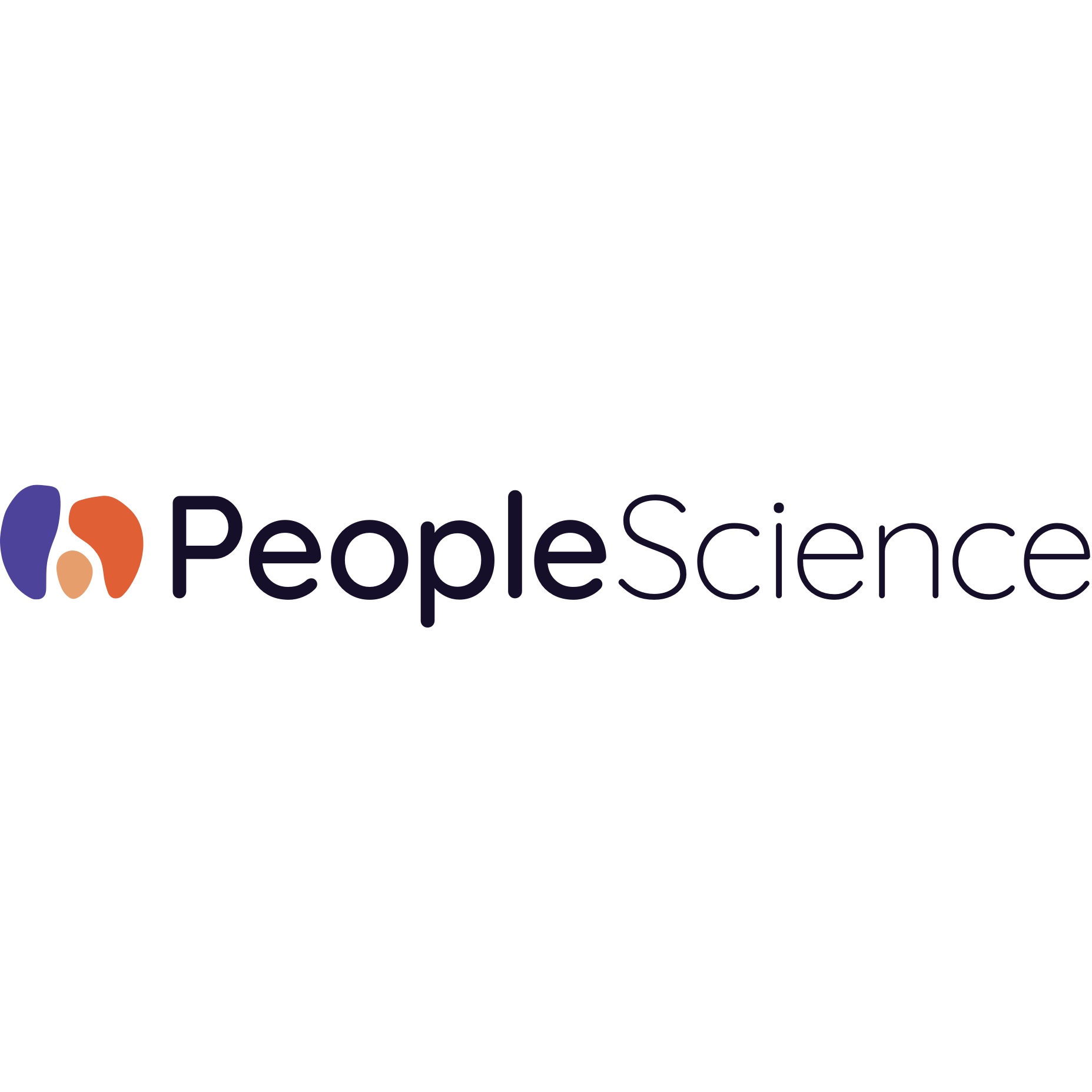
Psychedelic Research Incubator
Why do we need more research?
Why do we need more research?
For 50 years, promising psychedelic medicine has been kept from the public due to unscientific legal prohibitions, government propaganda, & high costs.
Our real-world Psychedelic Research Incubator is working to change that.
Named for Sheri Eckert, a pioneering advocate who helped launch Oregon’s first psilocybin therapy program, our nonprofit carries her legacy forward in expanding this healing movement.
We exist to bridge cutting-edge science with public benefit, accelerating the safe integration of psychedelics into healthcare and society.
As a nonprofit incubator, we unite academic rigor, compassionate care, fundraising, and policy innovation under one roof.
We drive real-world research, advance evidence-based policy, and expand access to those in need – all to usher in a nationwide, compassionate psychedelic healthcare system.
By incubating research studies, informing lawmakers, and funding therapy for those who can’t afford it, we are fast-tracking a new model of mental health care that is safe, effective, and inclusive.
Our research partners
Serving as an incubator for real-world research into psychedelic healthcare, we’ve partnered on studies with UC Berkeley, Collaborative for the Economics of Psychedelics (CEP), Oregon Health & Science University (OHSU), Open Psychedelic Evaluation Nexus (OPEN), People Science, Healing Advocacy Fund, Synaptic, Dr. Bronner’s, Center for Psychedelic Policy, and National University of Natural Medicine (NUNM).
Our research results
Below are the completed and in-progress research projects. Together, these results are helping pave the way for a healthcare breakthrough in the United States.
Healthcare-Utilization Study (ORCHID) — in progress
In partnership with UC Berkeley’ and the Collaborative for the Economics of Psychedelics (CEP), we’ve created our flagship, real-world psychedelic research project tracking healthcare outcomes. The Oregon Research on Care & Health Insurance Delivery (ORCHID) tracks health-care use and costs before and after clients receive legal psilocybin services—ER visits, hospitalizations, medications, and related utilization—to quantify potential cost offsets and inform payer policy.
We will evaluate changes in health-care use and costs for people accessing Oregon’s state-sponsored psilocybin services with the project directed by renowned UC Berkeley health economist Elliott Marseille, DrPH, MPP. ORCHID is a “first-of-its-kind” multi-part study done inside the state-legal model. (Center for Global Health Delivery)
Why it matters: If psilocybin services reduce downstream utilization or improve outcomes at acceptable cost, that is the evidence insurers and public programs look for—precisely the gap SEF is working to fill to reach coverage by decade’s end.
Depression Study — complete
SEF catalyzed Low-Income Group Psilocybin-Assisted Therapy for Depression (LIGPAT) with a $30,000 grant to the National University of Natural Medicine (NUNM) to test a group model of psilocybin-assisted therapy for adults with depression who meet low-income criteria—the first study to run inside Oregon’s Psilocybin Services (OPS) regulatory framework and among the first to focus specifically on low-income participants. The protocol used brief virtual prep, two group psilocybin sessions at a licensed center in Northwest Portland, and group integration; mushrooms were donated by an Oregon-licensed cultivator. (NUNM)
Results were released August 2025. In an open-label pilot (n=19), participants showed statistically significant improvements across depression and multiple quality-of-life domains. Three months later, some gains attenuated (e.g., pain-impact measures), but overall self-rated quality of life remained higher than baseline (mean rating rose from ~5.9 → 7.4/10). The study reported no serious adverse events, allowed participants on SSRIs, and emphasized feasibility and safety of a lower-cost group approach for people with financial barriers. (ClinicalTrials.gov)
Why it matters: LIGPAT offers early evidence that OPS-compliant group care can be safe, acceptable, and impactful for low-income patients—evidence SEF explicitly aims to build toward insurance coverage. (NUNM)
Alcoholism Study — complete
SEF has partnered financially and operationally on a Community Impact Pilot focused on Alcohol Use Disorder (AUD) delivered at InnerTrek (an Oregon-licensed provider), with People Science leading study design/ops and the Healing Advocacy Fund (HAF) convening the research network. The AUD pilot evaluates real-world psilocybin services for people who struggle with alcohol, explicitly to inform policy and payer decisions in state-regulated models. (ctv.veeva.com)
The registered protocol (observational pilot) targets ~20 participants, with heavy drinking days as the primary endpoint and 12-week follow-up; InnerTrek provides the state-licensed services while the research team tracks outcomes and safety in routine practice.
Why it matters: This pilot extends evidence generation to substance-use conditions in a real services context—not a tightly controlled FDA trial—matching SEF’s strategy to build the case for access and coverage within OPS. SEF’s public materials list HAF, People Science, and InnerTrek among its research partners and note that the Foundation funded and helped organize Oregon’s first collection of such real-world projects.
Oregon Psilocybin Evaluation Nexus (OPEN) — in progress
SEF also supports work at Oregon Psilocybin Evaluation Nexus (OPEN), a community-wide, non-commercial research initiative housed at Oregon Health & Science University (OHSU) that is building the measurement backbone for OPS. OPEN’s program includes a long-term outcomes cohort (facilitators and clients enrolled with one-year follow-up), a public Adverse Event Portal to anonymously report harms, and targeted studies (harm-reduction best practices; training/peer-support for specific populations). (Open Psychedelic Evaluation Nexus)
In 2024, an OPEN-led Delphi consensus effort published one of the first best-practice frameworks for supervised psilocybin services (state-legal or research settings), codifying a shared language for safety and outcome measurement (e.g., screening, preparation, dosing context, integration). OHSU highlighted the work as establishing best practices; the peer-reviewed paper details the OPEN Consensus Measures. (OHSU News)
Why it matters. OPEN’s instrumentation and safety surveillance make Oregon’s program measurable—a prerequisite for credible health-system adoption. SEF considers OPEN/OHSU among its core research partners as part of its incubator strategy.
More to come in 2026
SEF’s research incubator is expanding. With additional research in development, we’ll keep sharing updates and results as we’re able via our website, communications channels, peer-reviewed outputs, and in public summaries and policy briefs.
What’s next: research underway & invitation for collaboration
We’re actively soliciting new research concepts in:
Oregon (OPS) — continuing real-world outcomes, safety, equity, and cost-offset studies.
Colorado — the Natural Medicine program is moving from rulemaking into operations (state facilitator licensing opened in late 2024; local jurisdictions like Denver advanced their own licensing rules in 2025), making it a strong venue for real-world research aligned to payer and public-health questions. (DPO Colorado)
New Mexico — following enactment of the Medical Psilocybin Act (effective June 20, 2025), the state is required to fully implement its medical program by December 31, 2027; we expect research opportunities to ramp as infrastructure comes online and will be ready to engage beginning in 2028. (New Mexico Department of Health)
If you’d like SEF to consider a project, please send a 1–2 page concept note to info@sherieckert.org covering: (1) research aim and outcomes, (2) study design & setting (OPS/CO/NM), (3) participant population & equity plan, (4) data collection & sharing plan (with privacy safeguards), (5) budget & timeline, and (6) policy/coverage relevance. (For multi-state access efforts, see SEF’s public materials on expanding our access and research work to additional states.)
A better healthcare era
Already, thanks to the work of our friends and our nonprofit’s team members, insurance is beginning to cover psychedelic healthcare in Oregon and beyond and the results from participants are remarkable.
Call to Action
We have a once-in-a-generation opportunity right now to ensure this emerging field continues to grow with scientific integrity, public trust, and broad accessibility. But we can’t do it alone. Your involvement is crucial to turn this potential into lasting change.
Philanthropists & Donors: Your support directly funds therapy for those who can’t afford it and sustains the research that will make insurance coverage possible. Every dollar is an investment in healing and a more compassionate healthcare system.
Policymakers & Public Leaders: Engage with us to craft smart, evidence-informed policies. Our data and expertise can help you design psychedelic healthcare programs that are safe, effective, and grounded in public benefit. Together, we can modernize mental health policy and expand options for your constituents.
Researchers & Academic Partners: We invite collaboration to expand the scientific frontier. Partner with our incubator on studies, share data, or explore new research questions with us. By pooling expertise, we can answer critical questions faster and solidify the credibility of this field.

